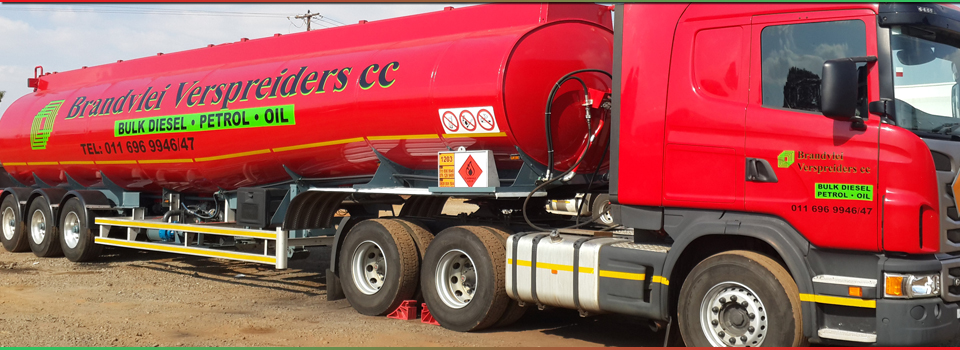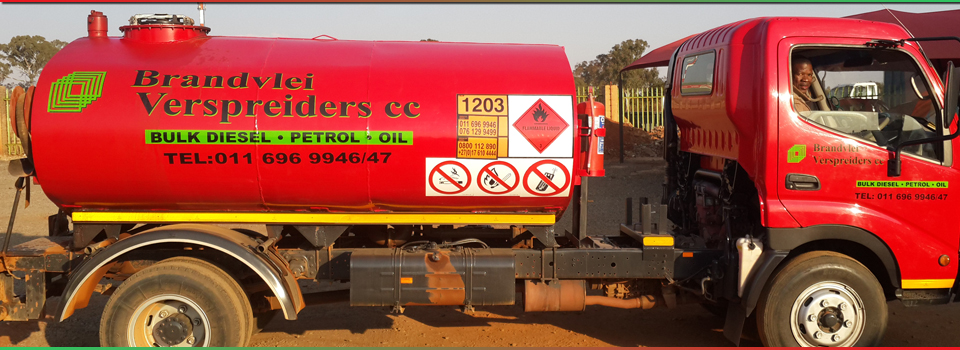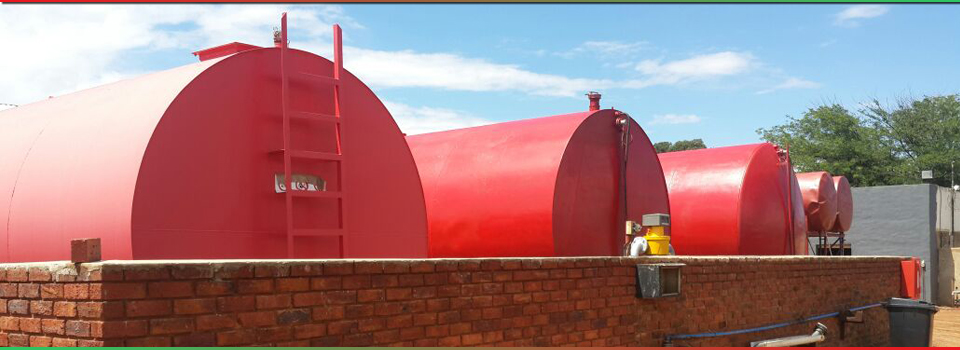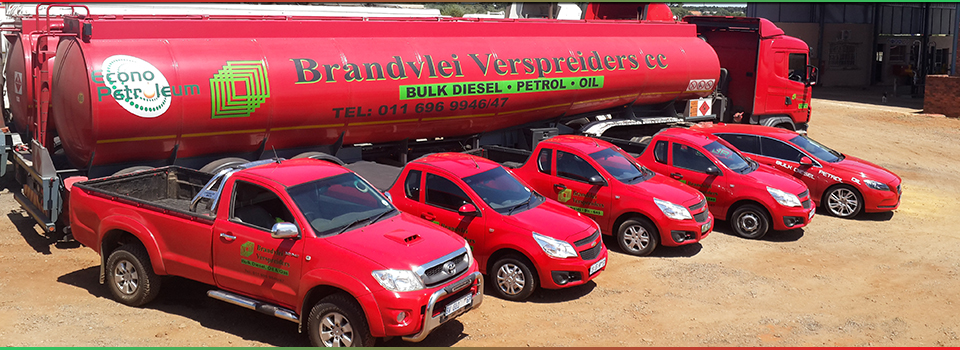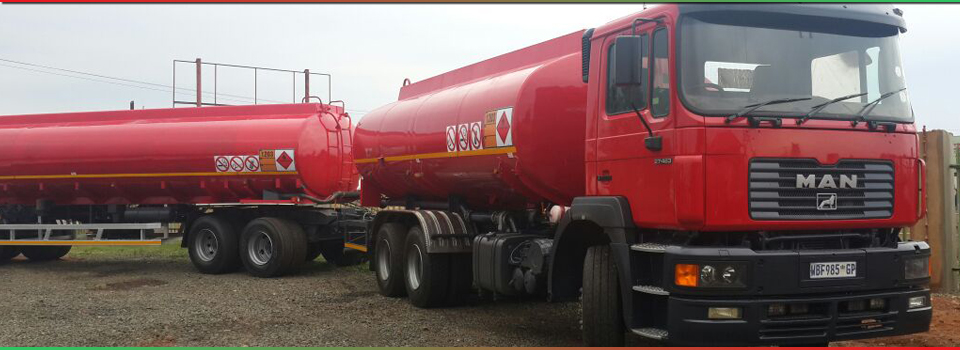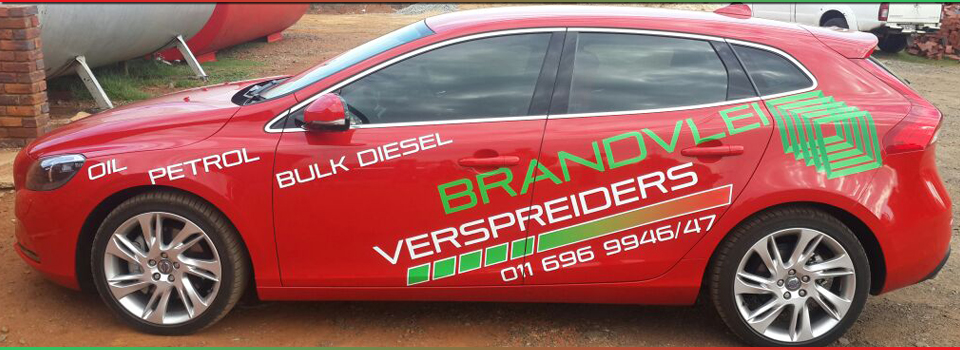Effective way to maintain your company’s Fuel Tank
Bulk fuel tanks are designed to contain spillage, but will just do as such if properly maintained. Even the best tanks will develop problems if maintenance is neglected.
Most bulk fuel tanks come with a guarantee. You can extend the life of your tank significantly longer than that with proper maintenance. But, even during the maintenance period is important to properly maintain the tank to prevent damaging your client’s heaters and lorries with dirty fuel, to lessen the danger of a fire or spill, and to remove any rain water that may have seeped into the tank.
On account of harsh environmental conditions, overfilling, dirt and dust, vandalism and accidents, it is important to periodically walk around the tank and inspect it for damage. Check the overfill protection device. Check the shutoff valves. These valves ought to be locked to protect against vandals.
Setting your own direction for a Clean-Fuel Commercial Fleet
Diesel Retrofits
Diesel retrofits reduce emissions of existing diesel engines through engine re-powering or establishment of after-burn technologies. Examples incorporate, however are not constrained to: diesel oxidation catalysts (DOCs), catalytic exhaust mufflers, catalytic converters, closed crankcase ventilation/filtration frameworks, active or passive-regeneration diesel particulate filters (DPFs), and selective catalyst reduction technology (SCRT).
Level 2 and Level 3 retrofit innovation applications are preferred where possible, on the grounds that they reduce particulate matter emissions by 50% or more in numerous 2009 and older diesel engines. On-road applications incorporate buses, trucks, service and utility vehicles. Off-roads applications incorporate construction hardware and some post-2009 off-road engines are also eligible for retrofit. It’s very critical especially in this era of global warming to develop a culture to use clean fuel and have corporate responsibility in preserving our environment. more…
Safety issues during Transportation of Oil & Gas
Transportation of Oil & Gas, as well as dispersion are two sectors of industry which ought to likewise be mentioned with respect to safety issues applied there. Numerous occurrences are showing that there is a need of a few enhancements in practices applied so far. Along these lines, our recommendation is to talk about this subject further.
Recorded incidents give essential information with respect to unsafe events for instance like oil spills, which are usually are caused at terminals or by vessels’ leakage. These are damaging the environment and may even cause losses. Likewise, these mishaps are damaging the reputation of organizations which typically need to manage additional expenses of oil recuperation and compensation. more…
Bulk Fuel Storage Advice by Fuel Distributors
Storing fuel in huge volumes can be a valuable option for both home buyers and organizations. It can save extensively on expenses, particularly with the advent of rising fuel costs. In spite of the fact that the installation expense of a tank can be expensive, it is just a one-time cost, and can be significantly reduced with the use of a used tank (frequently this can be a half or 33% of the cost of a new one). It is additionally profitable to have a supply of fuel at your home in case of a fuel shortage. more…
Setting your own direction for a Clean-Fuel Commercial Fleet
The Clean Fuel Fleets Program (CFFP) is a governmentally financed program to urge fleet operators to utilize clean fuelled vehicles (CFVs) in certain urban zones that have truly experienced air quality issues. CFVs are cars and trucks controlled by electric power-trains or by engines that deliver lower air emissions than those before.
The CFFP targets fleet operations in light of the fact that such fleets work substantial quantities of vehicles over numerous miles every year; encounter turnover as vehicles destroy and are supplanted; and are frequently powered at a main issue. These elements recommend that urging fleets to change over to CFVs will deliver more sensational upgrades in air quality over a shorter period than would be conceivable something else.
Safety issues during Transportation of Oil and Gas
Transportation of oil and gas circulation are two divisions of industry which should consider all the safety issues that apply. Numerous episodes are demonstrating that there is a need of a few changes in practices connected up until this point. Recorded episodes give critical data in regards to hazardous occasions like oil spills, which are often brought on at terminals or by vessels’ spillage.
These are harming the earth and may even bring about human misfortunes. Likewise, these mishaps are harming the reputation of organizations which normally need to manage additional expenses of oil recuperation and remunerations.
A Bulk Fuel Buying Guide for farmers – Save money!
Fluid fuels, similar to diesel, are exorbitant. A lot of farmers spend a six figure yearly on fuel alone. Keeping in mind the end goal to decrease the yearly cost of fuel, it is frequently worthwhile to buy fuel in bulk. Because of that, here is a helpful fuel purchasing guide for farmers.
Buying for the season
Prepare for the season to come. It is imperative to consider your fuel prerequisites and attempt to synchronize when you buy fuel, with the goal that you can make consistent and regular fuel purchases. This practice can help you to budget and in addition know how much bulk fuel to purchase. Keep in mind that frequently, costs vary as per season. At the point when fuel is cheap, it might be a smart thought to stock up.
Are your workers protected from Hazardous Chemicals?
Indeed, even the most safety-conscious bosses can’t underestimate hazardous chemical safety. Mischances can happen very effortlessly — it just takes one rushed error to bring about annihilating results that can damage employees’ well-being, the environment, the vitality of the business, and that’s only the tip of the iceberg.
In light of the restored consideration regarding hazardous work environment chemical threats, it’s a decent time to survey your own work environment safety plan and guarantee you’re doing what’s necessary to alleviate the dangers of unsafe chemical exposure.
The Best Way To Store Bulk Fuel
There are quite a number of dangers inherent in the storage of bulk fuel that could cause disruptions and expose us to potentially significant losses, costs and liabilities.
Gasoline is probably the hardest kind of fuel to store for any length of time. Its highly flammable properties make it an absolute nightmare to deal with. It also has a high vapour pressure; meaning it evaporates quickly and will go stale within a few weeks if not chemically treated.
Transporting Fuel
Five Logistical Challenges for Transporting Fuel:
Transporting fuel is a process that needs to be handled by specialists, such as Brandvlei Verspreiders, and for good reason.
Whether you are transporting fuel to your farm, or need to move bulk fuel across the province, certain safety procedures and processes need to be followed. more…

